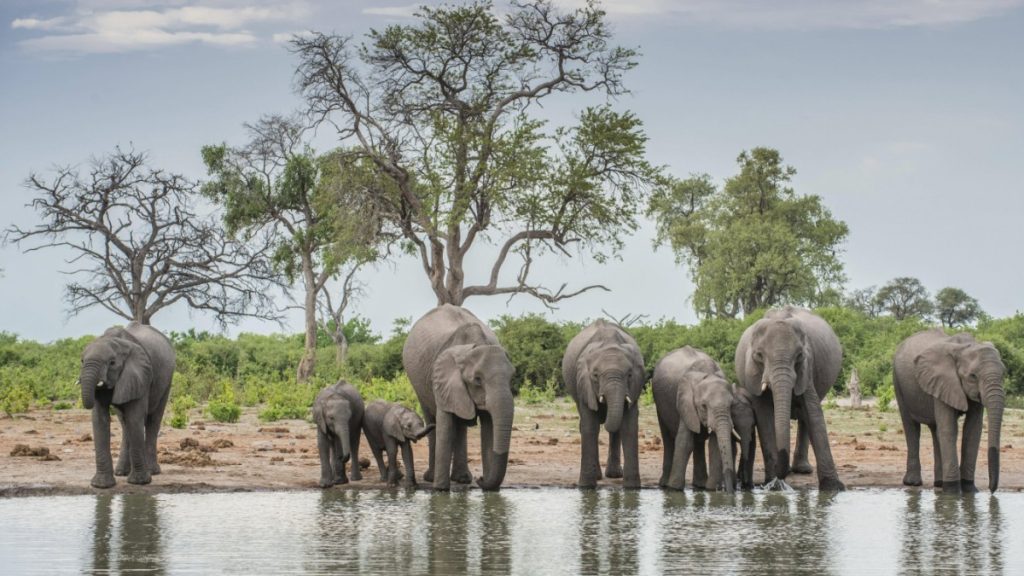The World Congress for Nature aims to reach a global agreement to turn the planet’s environmental crisis around by 2030. Nearly 200 countries, nearly all of the world’s, are negotiating in Montreal as of Wednesday night. Whether they can agree on a “Montreal Agreement” that could be as important for protecting animals, plants and habitats as the Paris Agreement for climate protection depends on many details.
Example: access to international databases in which information is stored, among other things, about the genetic makeup of animals and plants. Above all, poor countries with a large variety of species, who cannot protect nature and the species themselves, and are disappointed by the scant financial support of industrialized countries, are calling for restricted access to Digital Sequence Information (DSI). .
They criticize that the countries from which this information comes do not receive any financial compensation, although DSI is also used commercially: for example in the development of medicines, cosmetics and chemicals. Some make their acceptance of the Montreal Accords conditional on the data being no longer publicly available. They demand that each country control access to its own DSI and charge a fee for use. These rules have been applied to biological materials since 2014. But is this also possible for digital information?
The data can also be used to track the extent of endangered species
“Tracking the origin of digital sequence information is much more difficult than tracing the origin of physical samples of animal or plant origin,” British moral philosopher Doris Schroeder recently told the Science Media Center (SMC). Researchers, especially those dealing with biodiversity, see the future of their work in jeopardy if access to this information, previously free to access worldwide, is restricted. “Digital sequence information is an indispensable prerequisite for research and development in modern life sciences,” Jörg Auffermann of the German Leibniz Institute Group for Microorganisms and Cell Cultures in Braunschweig told SMC. Among other things, they are used to identify new species and are important for monitoring projects that investigate whether endangered species are recovering or continuing to decline. They are also necessary for the “reliable diagnosis of diseases”.
According to Doris Schroeder, digital sequence information is important for environmental protection and species protection: “What animals were in that watering hole and in what number? You don’t have to see the watering hole to be able to do this research on another continent. That’s very positive.” But the moralist also argues that “potential grievances” could occur “if digital sequence information is used commercially and across national borders.”
One possible solution to the dispute is to keep access to DSI freely available, but to charge a fee for commercial use. A team led by Amber Hartmann Scholz, who, like Overmann, is conducting research at the Leibniz Institute in Braunschweig, Recently made a suggestion on how to organize this. The idea is to create a fund for research and protection of biodiversity, into which fees for commercial use of digital sequence information will flow. Countries that make DSI available can receive compensation from this fund – and immediately invest in protecting species again.

“Total coffee aficionado. Travel buff. Music ninja. Bacon nerd. Beeraholic.”








More Stories
Coral Seeding: Artificial Insemination Makes Coral More Heat Tolerant
Fear, Anger, and Denial: How People Respond to Climate Change – Research
LKH Graz: Using radiation to combat heart arrhythmias